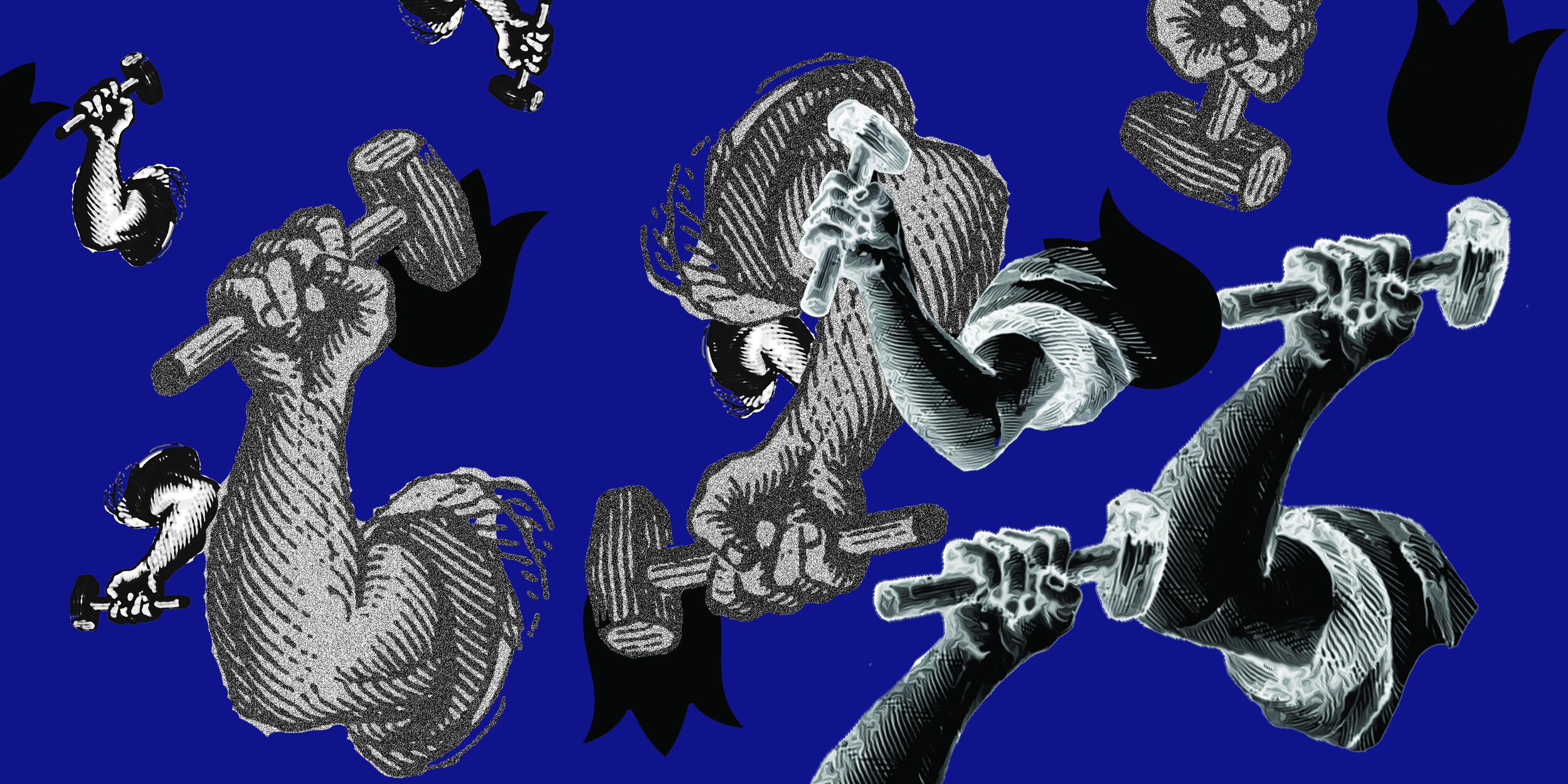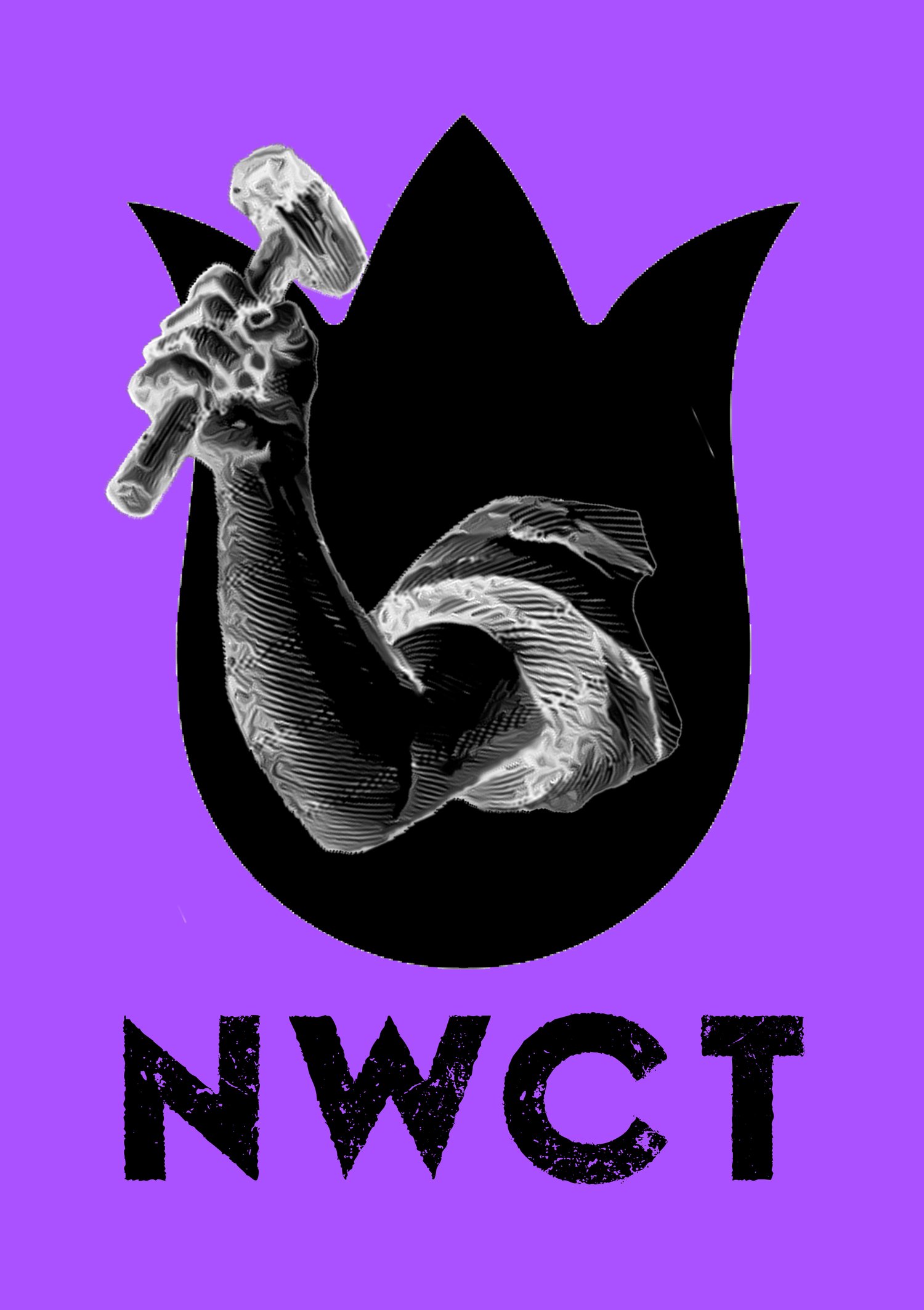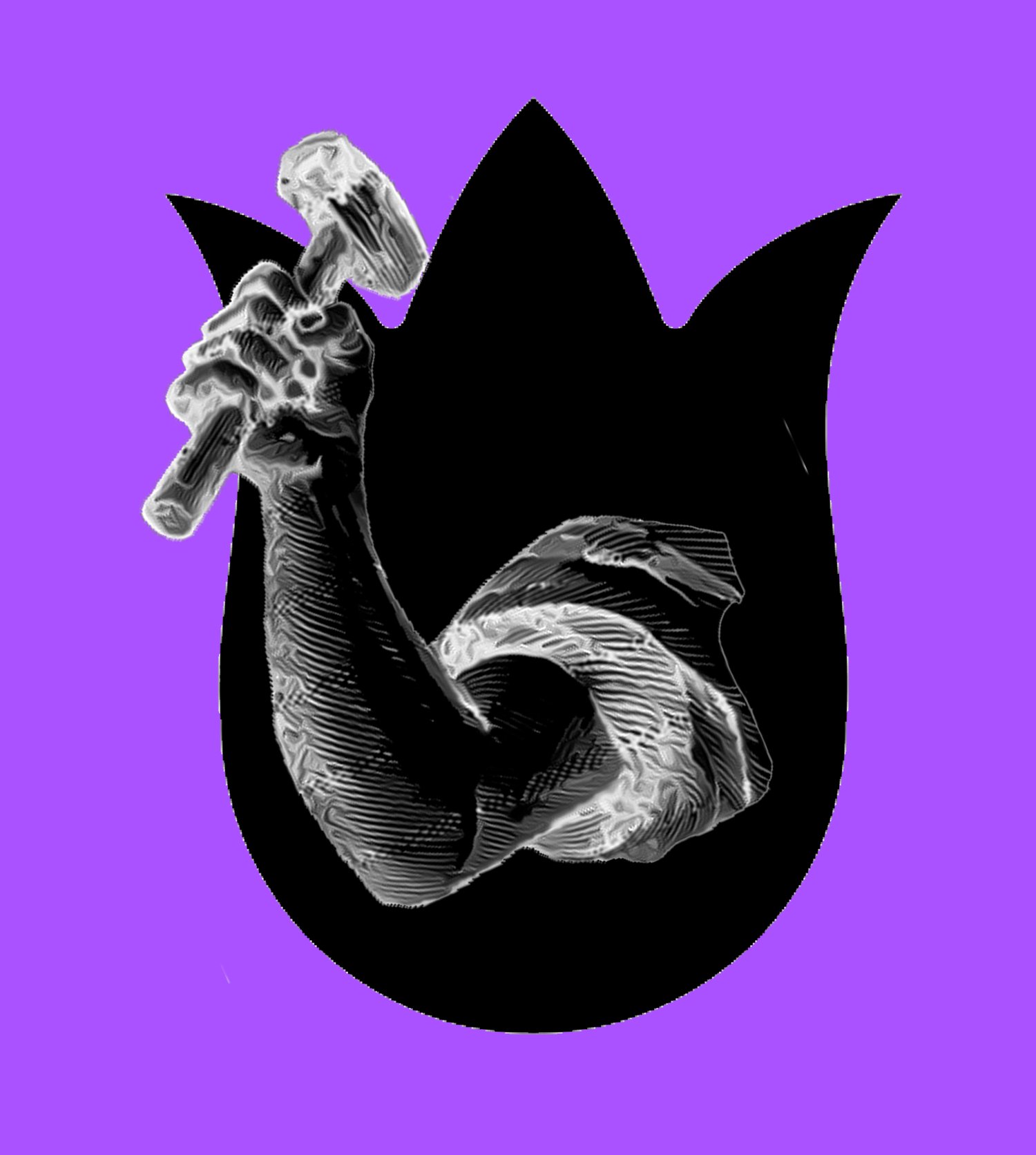
THE WILL TO CHANGE:
GATHERING AS PRAXIS
OPENING RECEPTION 10/1 6 -7:30PM
The opening will feature performances by
Julie Chen + Julie Krishnaswami
Connecticut College - Joanne Toor Cummings Gallery
270 Mohegan Ave. in New London, CT, and visitor parking is available in the South Lot
Participating Artists
Erica Allard - Ioana Barac - Terry Berkowitz - Peggy Bloomer - Liza mishel Boateng - Marsha Borden - Renee Bouchard - Nicole Bricker - Liz Calvi - Katrina Casey - Julie Chen - Christen Clifford - Susan Clinard - Louisa C. de Cossy - Maria De Los Angeles - Yael Dresdner - Claudia Flynn - Linda Friedman Schmidt Kaitlin Fung - Lois Goglia - Rebecca Goyette - Stephen Grossman - Bang Geul - Han Alcy Hart - Michelle Hartney - Christina Jones - Helen Kauder - John Keefer - LisaKereszi - Julie Krishnaswami David Kuehler - Monica Lederman - Ottilie Leete - Natia Lemay - Nathan Lewis - Linda Lindroth - Becca Lowry - AlyMaderson Quinlog - Luciana Quagliato (McClure) - Andrea Manning - Rebekah Meyers - Christian Miller - Yvette Molina - J.Morrison (Homocats) - Lydia Nobles - Margaret Roleke - Cristina Sarno - Buket Savci - Emma Shapiro - Megan Shaughnessy - Heather Sincavage - Cate Solari - Tiffany Stewart - Vanesa Suarez - Rita Valley - Ally Wrogg
The Will to Change: Gathering as Praxis
“The work of male relational recovery, of reconnection, of forming intimacy and making community, can never be done alone.” - bell hooks – in The Will to Change
For the sixth iteration of Nasty Women Connecticut’s annual exhibition, we look to the writing of bell hooks to make sense of feminisms’ shortcomings to further her project of gathering as an essential activity of the feminist movement. In Feminism is for Everybody, hooks writes, “we need feminist studies that is community-based.” She continues, “Imagine a mass-based feminist movement where folks go door to door passing out literature…to explain to people what feminism is all about.” We design this year’s exhibition as a space for creative forms of gathering and hosting that celebrates openness and inclusivity, but also makes space for our contemporary ambiguity, looking globally to understand community’s role in feminist movements. If the pandemic taught us anything, it’s that space can extend beyond a host site’s walls.
In the wake of hooks’ passing on December 15, 2021, we dedicate this show to her life’s work and message. She teaches us (in plain words) that no one is liberated under sexist, exploitative, oppressive systems. That, in these present-day scenarios we’re all held captive. Also that, “Healing does not take place in isolation.”
It is both astonishing and not surprising at all that in 2022 women’s rights are under attack. The warring comes from all sides-- men, women and non-binary people, religion, law and government, the economy, education and cultural institutions. Even when we come to sexism, exploitation and oppression with the intention of ending these power struggles, or leveling the playing field, the space between thought and action looms large. The action of overthrowing patriarchy (in big and small ways) can feel so fraught, risky or impossible that we pass it off as the duty of the next generation or more courageous revolutionaries.
Often, the arts perpetuate this gap, intellectualizing feminist practice and leading audiences into important conversations around revolutionary action and radical ways of being that provoke self-reflection, but stop short of taking the next step. Exhibitions that emotionally impact audiences abound, but are often void of a solutions orientation. They lack takeaway offerings, such as resources for reconciliation, repatriation, community healing, and recovery, which could mobilize change. In some cases, exhibitions critique forms of structural violence that the host institution itself perpetuates.
Without a roadmap for knowing what’s enough and what’s too much to bear, artists, arts workers, and arts audiences make powerful strides but also fall short. We defend the arts as being a unique space where ideas can be raised across disciplines and toiled with, where industries and fields can intersect. We value and love the arts for this reason-- they make space for an unparalleled type of belonging and togetherness, where we can pause and dig deep into the human experience, and dive into the primordial soup of our origin stories. But we also leave such places with an aching question-- what do we do after we exit?
Is talking and gathering within our own circles enough? Is coming into a place of critical consciousness enough? Is writing about the problems enough? Is sharing experiences with strangers enough? Is thinking globally enough? Is standing in solidarity at a protest enough? Is raising our children to dismantle the patriarchy enough? Is publicly advocating enough? Is giving up power enough? Is prioritizing community needs over our individualized needs enough? Is finding joy in togetherness enough? Is daring to dream enough? Is reimagining the community enough? In all these scenarios, the complexities of our identities and geographies shape our experiences. In all of these scenarios, the question of what our relationship and responsibilities are to one another lies at the core.
Evoking bell hooks’ book, The Will to Change, Nasty Women Connecticut invites artists, designers, poets, curators, performers, community organizers, cultural producers, and thinkers of all backgrounds to submit work that wrestles with these questions from a first-person perspective; designs opportunities for gathering and idea exchange outdoors, indoors and in virtual space; addresses, builds and repairs relation and community; and dares us to honestly love the self and others. As patriarchies continue to stroke fear and fan the flames of war, we feel the ripple effects through our enmeshment in globalized capitalism. We take special care this year to explore new relationships, specifically the roles men and boys play in dismantling patriarchy within our communities. In hooks’ words, “we have yet to create a world that asks us to stand by a man when he is seeking healing when he is seeking recovery when he is working to be a creator.” Pointedly, this work “can never be done alone.”
Location
The Lyman Allan Art Museum (LAAM)
625 Williams St, New London, CT 06320)
Important Dates
Exhibition Dates: June 18-August 12, 2022
Opening Reception: June 24, 2022
Deinstallation & Pick Up
Deinstallation will similarly be artist-driven and take place over two days when the museum is open to the public: Saturday, August 13 from 10 am-4 pm, and Sunday, August 14 from 1-4 pm. Artists who are unable to install or deinstall their work can arrange for fellow artists, friends, or family to jump in on their behalf.
Donate
NWCT is a volunteer run and driven organization. Participation in our exhibitions and events are free and open to the public. We seek donations to support the public program series for this year’s annual exhibition. Following W.A.G.E.’s fair wage calculator, we seek to raise $2,500 to support:
$1,000: the participation of 10 guest speakers
$100: the printing of 600 exhibition postcards (yes! it’s our sixth year!)
$600: the presentation of two existing live performances during the run of the show
$600: the presentation of one new commission responding to bell hooks’ legacy
$200: workshop materials for a special NWCT family-friendly take-away project to debut at LAAM’s annual SummerFest on Saturday, June 18, 2022

